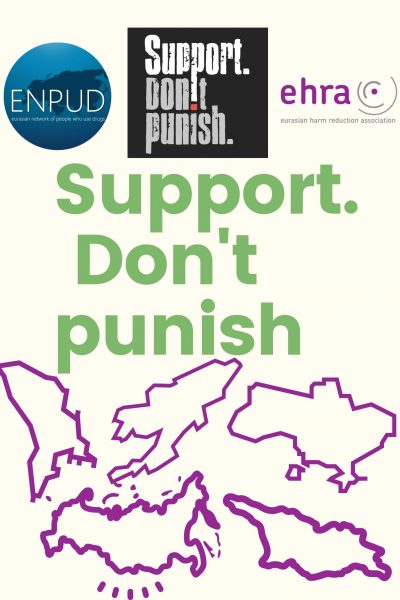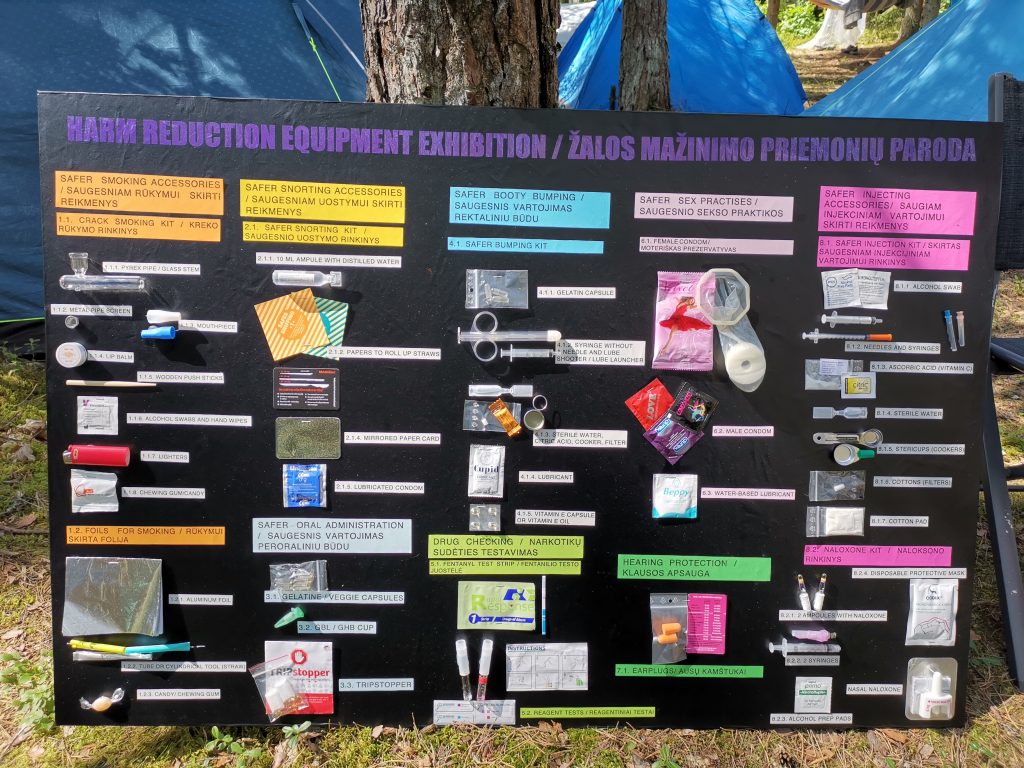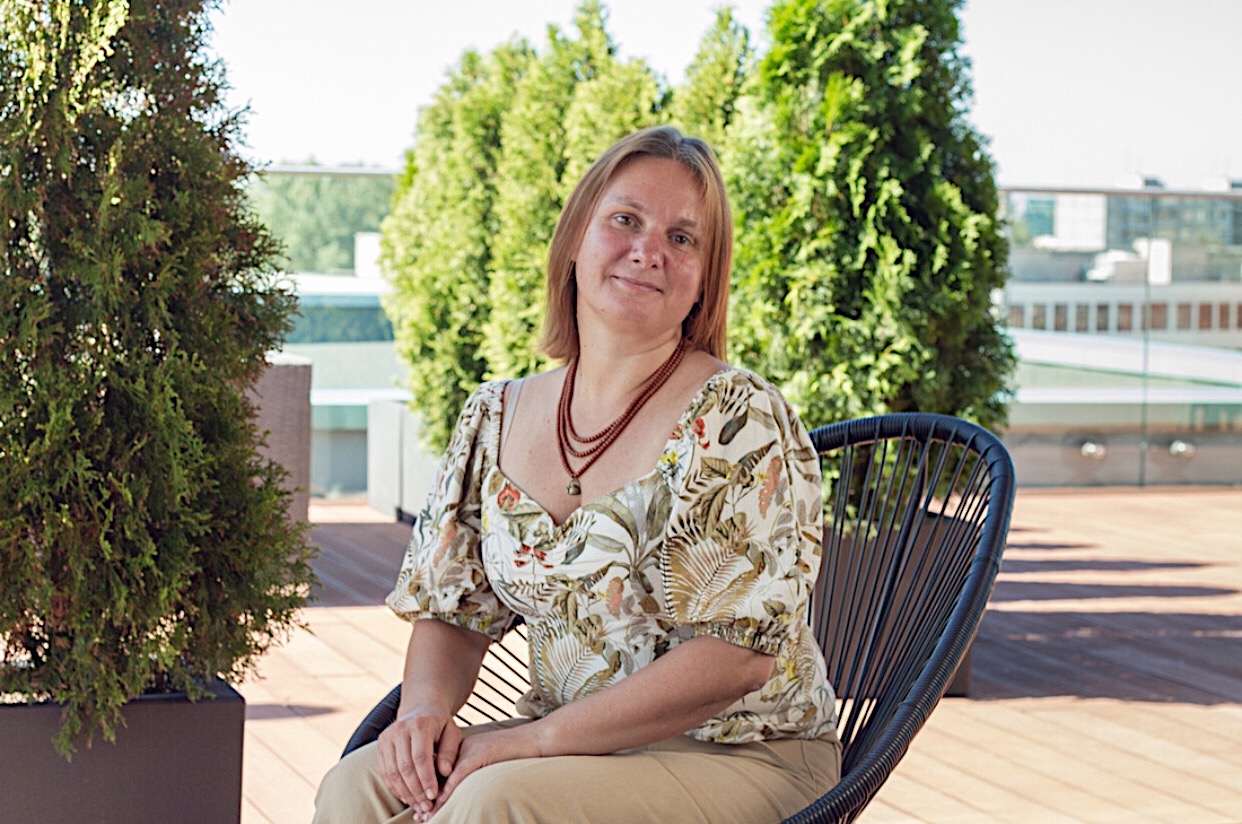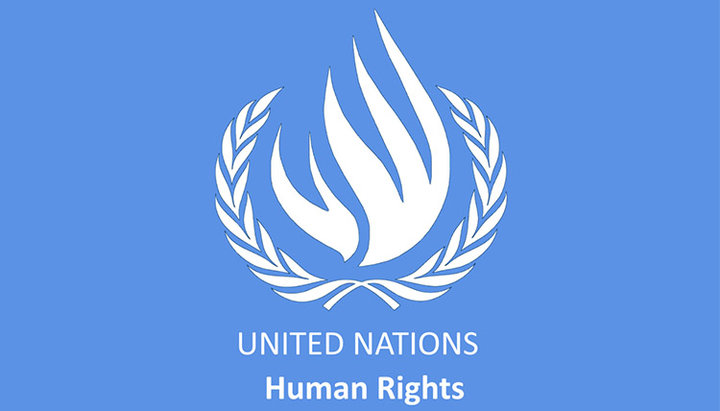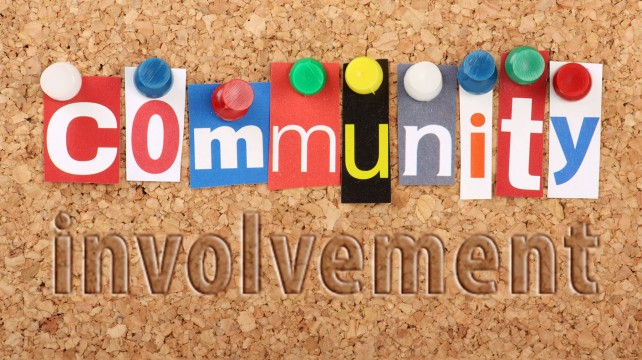On June 26, 2020 a number of events were held within the framework of the global campaign “Support. Don’t Punish” in the countries of the Eastern Europe and Central Asia (EECA) region with the support of the Eurasian Network of People Who Use Drugs (ENPUD), the Eurasian Harm Reduction Association (EHRA), the International Consortium on Drug Policy (IDPC) and other networks and organizations, as well as with personal support of the activists and initiative groups. The COVID-19 pandemic made its adjustments to the campaign. However, the restrictive measures did not stop the activists, and they managed to hold the activities and events albeit in a changed format.
The campaign declares that health care and human rights must be installed in the core of drug policy. Activists took to the streets to publicly protest cruel and senseless government policies aimed at people who use drugs. Every year this campaign is held all over the world with the purpose of drawing attention to this unsolved problem over and over again!
June 26 is also the International Day against Drug Abuse and Illicit Trafficking. Such a discriminatory and repressive name for this day was invented at the UN. Of course this is not surprising, taking into account the roles played by the United Nations in the never-ending “war on drugs” around the world, and in cowardly disregard or support by various structures and agencies of this organization of the methods of repressive drug policies of many countries around the world.
You can learn more about repressive drug policies and campaigns in Georgia, Russia, Ukraine, Moldova and Kyrgyzstan, Kazakhstan, Estonia, Germany in the report.
The report was prepared by Alexander Levin, Eurasian Network of People who Use Drugs. link

